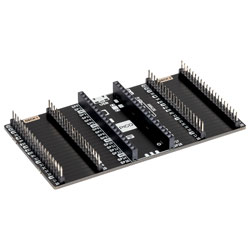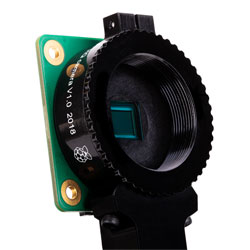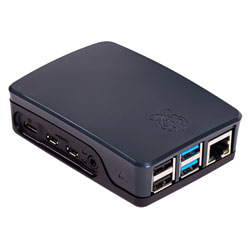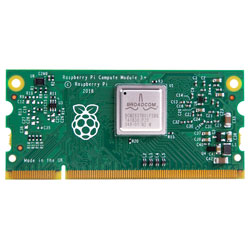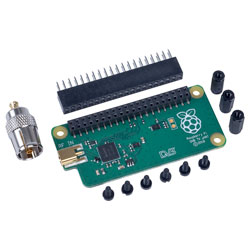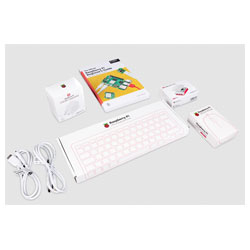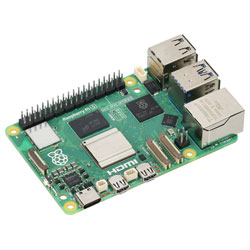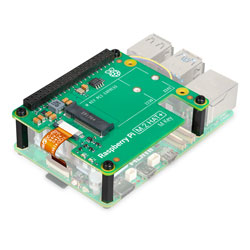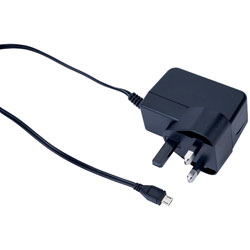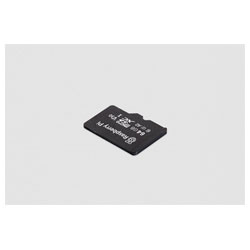Raspberry Pi
Raspberry Pi offers a diverse range of compact, affordable, and highly versatile single-board computers and accessories. These products empower enthusiasts, educators, and professionals to explore and create a wide array of innovative projects, spanning from DIY electronics to educational initiatives, harnessing the power of computing in a compact form factor.
Raspberry Pi Model B Series
The Raspberry Pi Model B series represents a line of versatile single-board computers that combine compact design with impressive computing capabilities. Equipped with features like HDMI output, multiple USB ports, GPIO pins, and Ethernet connectivity, these boards cater to a wide range of applications.
Raspberry Pi Zero Series
The Raspberry Pi Zero is an even smaller and more affordable variant. It is suitable for projects with space constraints.
Raspberry Pi Pico
Raspberry Pi Pico is a microcontroller board, different from the traditional Raspberry Pi boards. It is designed for embedded projects and is powered by the Raspberry Pi Foundation's own RP2040 microcontroller.

